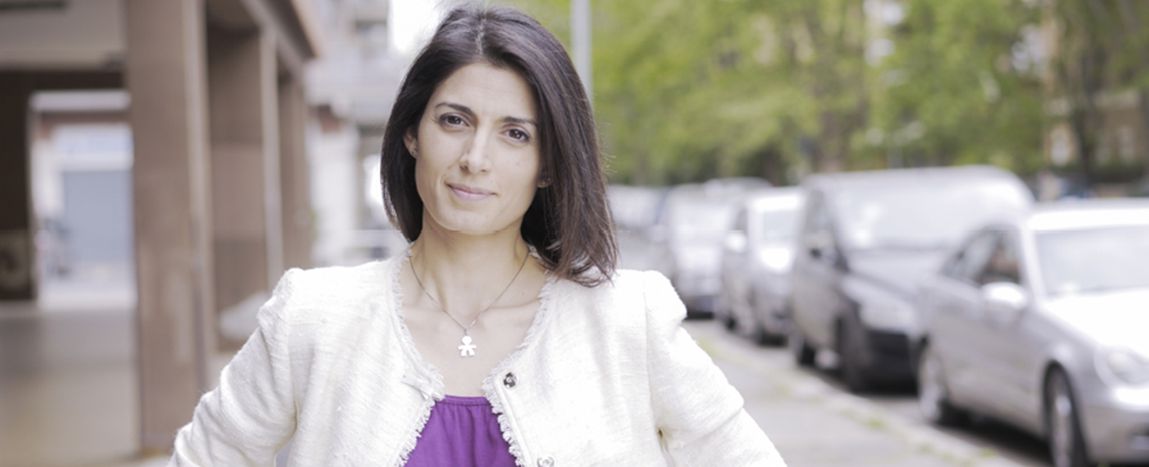
Madam Mayor
Published on
Translation by:
 Catherine Combes
Catherine Combes
Virginia Raggi (37) became Rome's first female mayor this week. The German language calls her "Bürgermeisterin", which automatically indicates she's a woman. But is that always the case? And how do other languages deal with gender? A linguistic gender-check.
"Bürgermeisterin", "Abgeordnete", "Präsidentin" [female mayor, MP, president]. The German media reported today that the first "Bürgermeisterin" [mayor] of Rome was elected, making it clear that the word ending changes as soon as a woman enters the traditionally male-dominated political world. Or is that so? Is there such a thing as a "Staatsoberhäuptin" [female head of state]? And why isn't Viriginia Raggi, from the Five Stars movement, the new Bürger/-innenmeisterin of Rome? The German media tends to magnify the patriarchical aspect of the German language, which can be quite annoying.
In the UK and in the US we have the word "Mayoress", but people tend to use the male title "Mayor", even when talking about a woman. Same goes for Member of Parliament, Secretary, Deputy, Representative. The only problem that could arise concerns presidential elections. Hillary Clinton would become "Madame President", which is already an improvement in comparison to Margaret Thatcher, who mostly had to forgo any role description and was regularly only referred to as "Mrs Thatcher" in the media. What shall then become of Bill Clinton if his wife wins the election? Will he be the first "First Gentleman" of the country?
Italians don't seem to find an agreement on their grammatical rules. For MPs, they make a difference between "il deputato" and "la deputata", just as they distinguish "il senatore" from "la senatrice". In the case of the mayor office, a dictionary indicates that "la sindaca" is correct, but Viriginia Raggi is mostly referred to as "il sindaco" in the media, the official reason being that the masculine form is also used as a "neutral" form for both genders.
The French have no issues with the feminine "Mairesse" or "Présidente". Yet, there is no "Première Ministre" in the language, only a "Madame la Premier Ministre", i.e. a feminine title added to a male function.
The Poles go about it in a similar way and call their female candidates "Pani Prezydent" (Madam President) or "Pani Burmistrz" (Madam Mayor).
How can one overcome that linguistic injustice? Maybe we do nothing, and we start getting ready for the Bundespräsidentin, ladies.
Translated from Madame Bürgermeisterin


